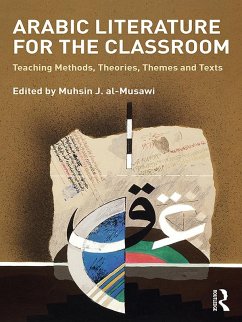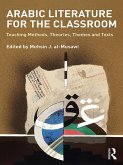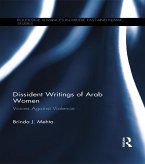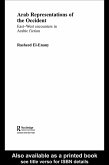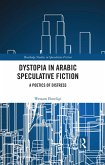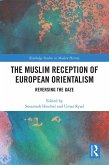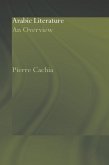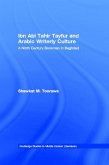Dieser Download kann aus rechtlichen Gründen nur mit Rechnungsadresse in A, B, BG, CY, CZ, D, DK, EW, E, FIN, F, GR, HR, H, IRL, I, LT, L, LR, M, NL, PL, P, R, S, SLO, SK ausgeliefert werden.
This critically acute and pedagogically canny collection offers a host of ways to bring Arabic literature more fully into comparative and world literature classrooms, as well as in more specifically Middle Eastern courses. These essays offer new pathways into a wide range of classic and modern texts, in illuminating discussions that will be full of interest for teachers, scholars, and general readers alike. David Damrosch, Ernest Bernbaum Professor and Chair, Department of Comparative Literature, Harvard University
In this fine addition to a growing corpus of such materials, Muhsin al-Musawi and his colleagues have brought to bear on the teaching of Arabic literature a wide-ranging, high quality and apposite set of texts, insights, and best practices, designed to guide both novices and seasoned experts alike. Shawkat M. Toorawa, Professor of Arabic Literature, Yale University

